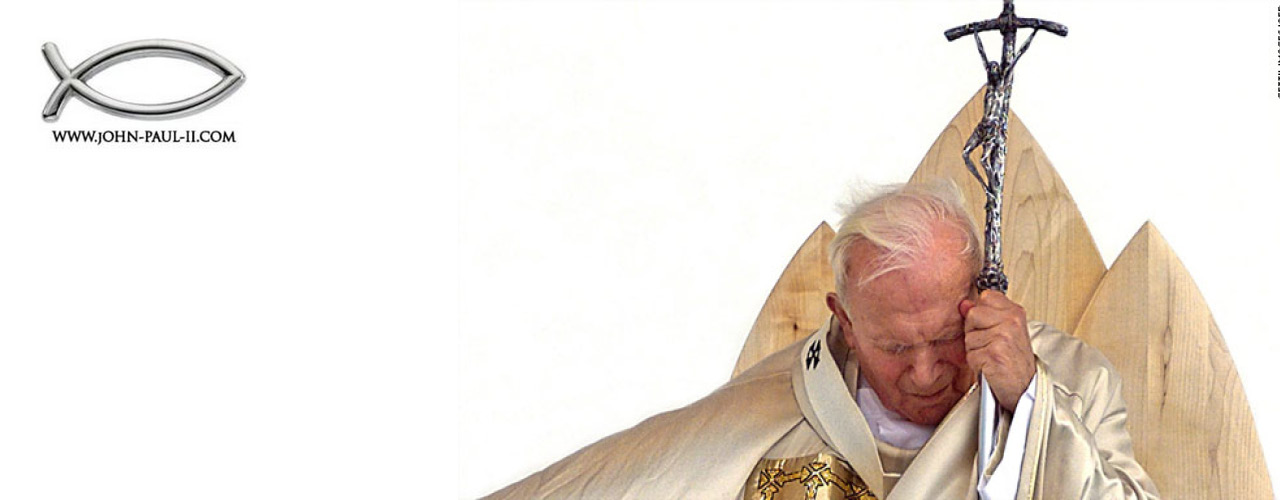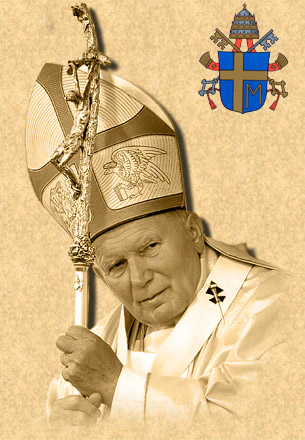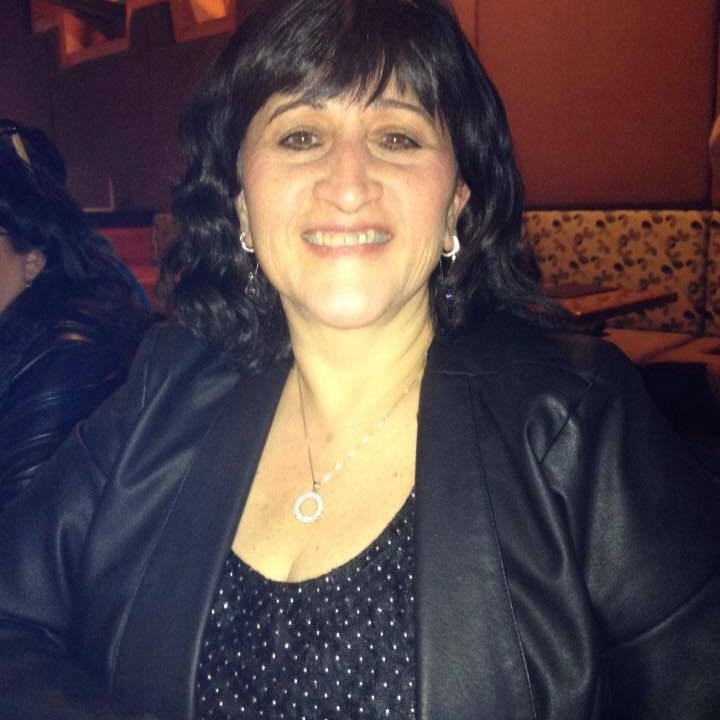Romans 12:6-8
Since we have gifts that differ according to the grace given to us, each of us is to exercise them accordingly: if prophecy, according to the proportion of his faith; if service, in his serving; or he who teaches, in his teaching; or he who exhorts, in his exhortation; he who gives, with liberality; he who leads, with diligence; he who shows mercy, with cheerfulness.
1 Peter 4:10
As each one has received a special gift, employ it in serving one another as good stewards of the manifold grace of God.
___________________________________________________________________________________________________________________________________
Master plan
In his master plan for the new millennium, the Apostolic Letter At the beginning of the third millennium, ("Novo Millennio Ineunte") a "program for all times", he emphasised the importance of "starting afresh from Christ": "No, we shall not be saved by a formula but by a Person." Thus, the first priority for the Church is holiness: "All Christian faithful...are called to the fullness of the Christian life." Christians, he writes, contradict this when they "settle for a life of mediocrity, marked by a minimalist ethic and a shallow religiosity." He highlighted "the radical message of the gospels," whose demands should not be watered down. The "training in holiness calls for a Christian life distinguished above all in the art of prayer." His last Encyclical is on the Holy Eucharist, which he says "contains the Church's entire spiritual wealth: Christ himself." Building on his master plan further, he emphasised the need to "rekindle amazement" on the Eucharist and to "contemplate the face of Christ."
Mariology
Coat of Arms of Pope John Paul II. The letter M in the Marian Cross is for Mary, Jesus' mother.
John Paul II's strong Marian devotion was highly influenced by the Mariology of Saint Louis de Montfort. According to his Apostolic Letter Rosarium Virginis Mariae, the pontif's personal motto "Totus Tuus" was inspired by St. Louis' doctrine on total consecration to the Virgin Mary, which he quoted:
“Our entire perfection consists in being conformed, united and consecrated to Jesus Christ. Hence the most perfect of all devotions is undoubtedly that which conforms, unites and consecrates us most perfectly to Jesus Christ. Now, since Mary is of all creatures the one most conformed to Jesus Christ, it follows that among all devotions that which most consecrates and conforms a soul to our Lord is devotion to Mary, his Holy Mother, and that the more a soul is consecrated to her the more will it be consecrated to Jesus Christ."[3]
In an address to the Montfortian Fathers, the pontiff also said that his reading Saint Louis de Montfort's work The True Devotion to Mary was a "decisive turning point" in his life.[4] On September 19, 1996, Pope John-Paul II made a papal trip to Saint-Laurent-sur-Sèvre to meditate and pray on the adjacent tombs of Saint Louis de Montfort and Blessed Marie Louise Trichet, whom he beatified himself.
His encyclical Redemptoris Mater further emphasizes his focus on Mariology.[5]
Social and family doctrine
John Paul II also wrote extensively about workers and the social doctrine of the Church, which he discussed in three encyclicals and which the Vatican brought to the fore through the recently published Compendium of the Social Doctrine of the Church. Through his encyclicals, John Paul also talked about the dignity of women and the importance of the family for the future of humanity.
Other important documents include the encyclicals The Gospel of Life ("Evangelium Vitae") and Faith and Reason ("Fides et Ratio"), and the Apostolic Letter Orientale Lumen ("Light of the East").
John Paul II reaffirmed the Church's clear opposition to contraception, abortion and homosexual activity. His book Memory and Identity said that the push for same-sex marriage might be part of a "new ideology of evil... which attempts to pit human rights against the family and against man." He refined some of these positions in their theological context in his Theology of the Body lectures.
John Paul II, who was present and very influential at the 1962–65 Second Vatican Council, affirmed the teachings of the Council and did much to implement them. John Paul II continued to declare that contraception, abortion, and homosexual acts were gravely sinful, and, with Joseph Ratzinger (future Pope Benedict XVI), opposed Liberation theology.
He believed in the Church's exaltation of the marital act of sexual intercourse between a baptised man and woman within sacramental marriage as proper and exclusive to the sacrament of marriage that was, in every instance, profaned by contraception, abortion, divorce followed by a further marriage, and by homosexual acts. He explained and asserted in 1994 the Church's lack of authority to ordain women to the priesthood. This was deemed a repudiation of calls to ordain women to the priesthood. (Apostolic Letter 'Ordinatio Sacerdotalis') In addition John Paul II did not end the discipline of mandatory priestly celibacy, although he allowed a few married clergymen of other Christian traditions who later became Catholic to be ordained as Catholic priests.
John Paul II, as a writer of philosophical and theological thought, was characterized by his explorations in phenomenology and personalism. He is also known for his development of the Theology of the Body.






